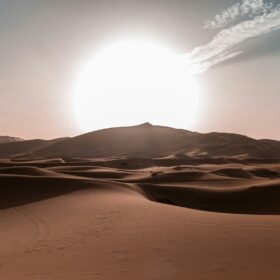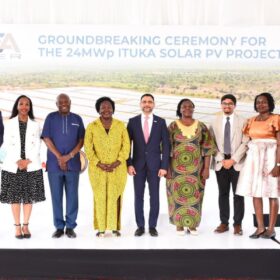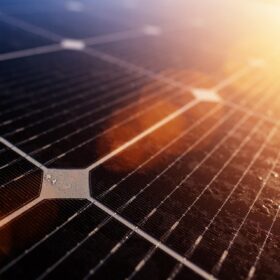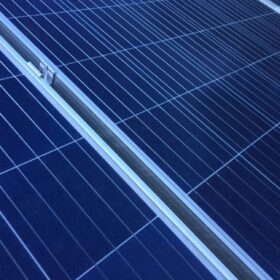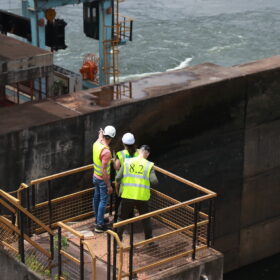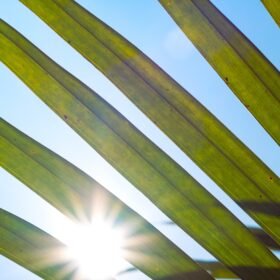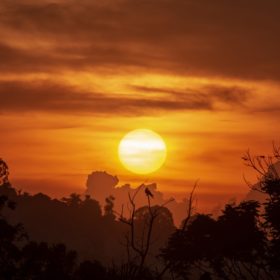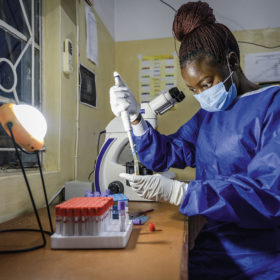The impact of different substrates on solar module performance
A research team has analyzed the effects of different substrates on PV module performance and has found that ground soil achieves the highest efficiency at 21.1%, followed by grass (19.6%), wood (17.95%), concrete (16.2%), roof tiles (14.3%), and iron sheets (11.5%).
Uganda opens tender for 40 MW of ground-mounted solar
Companies interested in an engineering, procurement and construction contract for two 20 MW ground-mounted solar plants in eastern Uganda must request pre-qualification questionnaires by Feb. 21, one week before a deadline for expressions of interest.
Desert-to-Power initiative seeking consultants for solar mapping
The Intergovernmental Authority on Development (IGAD) is seeking consultants to undertake a solar mapping exercise in seven of its members states: Djibouti, Ethiopia, Kenya, Somalia, Sudan, South Sudan, and Uganda. The deadline for expressions of interest is August 30.
Amea Power begins construction of 24 MW plant in Uganda
Construction of a 24 MW solar plant is underway in northwestern Uganda. Once commissioned, it will be the first solar asset in the region and Amea Power’s first operational asset in the country.
Consultants requested for business support to solar SMEs in Uganda
A tender has begun in Uganda seeking consultants to support a business development programme aimed at supporting small to medium-sized enterprises in solar and cooking. The deadline for applications is August 13.
Tender opens for 15 MW ground-mounted solar plant in Uganda
Companies interested in a new engineering, procurement and construction (EPC) contract for a 15 MW ground-mounted solar plant in western Uganda must request prequalification questionnaires from TotalEnergies Uganda by June 7.
German consultancy finalizes feasibility stage of Ugandan floating PV project
A consortium involving 8.2 Renewable Energy Experts Hamburg and its partners has completed a feasibility assessment for a floating PV system on four reservoirs of different hydropower plants in Uganda.
World Bank moves forward with solar water scheme in Uganda
The World Bank has issued a tender for consultancy services for Uganda’s Electricity Access Scale-up Project (EASP). Backed by World Bank funding, EASP will oversee the deployment of 40 solar energy water supply schemes across the East African country.
Uganda kicks off solar tender for 40 PV-powered water supply schemes
Uganda’s Ministry of Water and Environment is inviting eligible bidders to apply to develop 40 solar-powered “packages” for water schemes in a range of locations in the East African country.
A new day at sunset
For the many millions of people in sub-Saharan Africa who lack access to electric lighting, sunset brings an almost enveloping dark. But Light Libraries is one handy solar-powered program that brings an affordable end to darkness for school students. pv magazine sat down with Sofia Ollvid from SolarAid to discuss how these libraries work.


